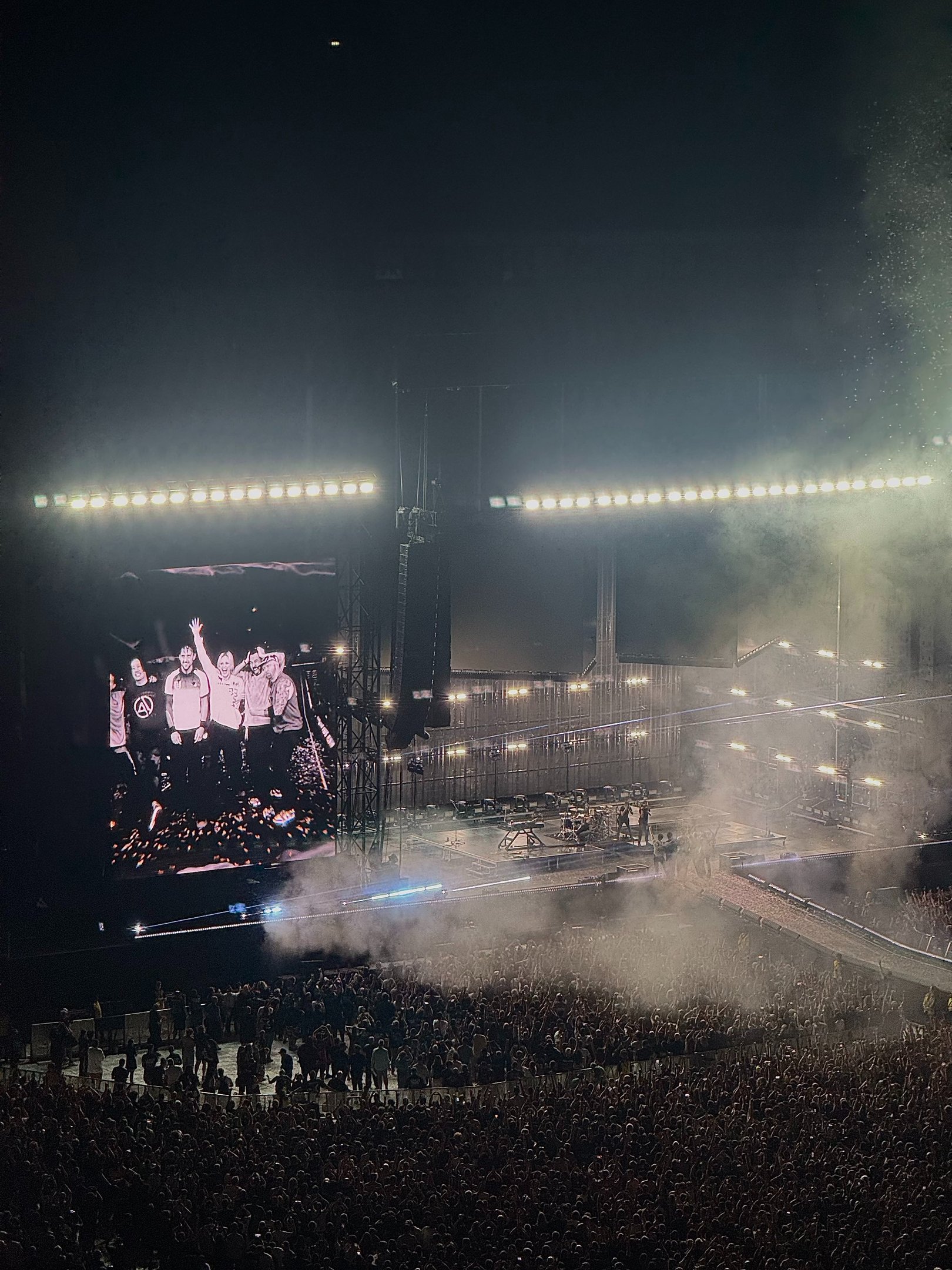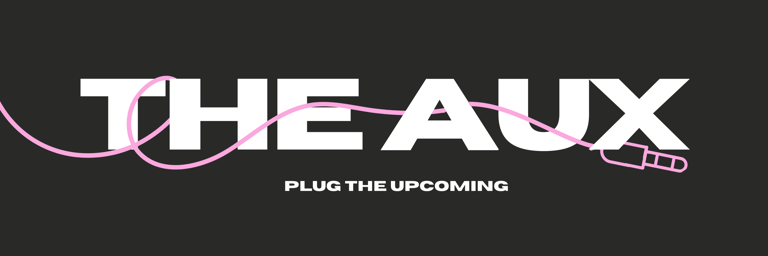Chronicle from Wembley: Linkin Park’s Return
A firsthand look at Linkin Park’s return to Wembley Stadium in 2025, with standout performances from openers JPEGMAFIA and Spiritbox that set the night on fire.
REVIEWSLIVE SHOW
REYA
7/8/20252 min read


There are shows you go to because you love the music, and then there are shows like this, where you show up because missing out isn't a possibility. I admit it: I've never been into Linkin Park. But I love frontwomen, so when I heard Emily was the new addition to the band, I knew I had to see them—even if only to experience one of the biggest bands in recent history at one of the most iconic stadiums in the world—and to see the amazing openers, too.
Linkin Park’s return to Wembley felt like a shift—loud, raw, and bigger than the sum of its parts.
The night kicked off with JPEGMAFIA, who brought a surprising burst of energy to the stadium. His sharp, rapid-fire delivery cut through the massive space, and the mix of electronic beats with a live band gave the set an edge that had the crowd moving early on. It was an unexpected but thrilling start that set a high bar for the rest of the evening. Then Spiritbox took over with a completely different vibe. Courtney LaPlante’s voice shifted effortlessly between fierce growls and soft melodies, pulling everyone in. It was clear why Spiritbox is one of the most talked-about bands right now.
Then it was time for Linkin Park. When the intro started, the atmosphere changed. You felt it in your ribs. People closed their eyes. Some cried. And Emily—yeah, there’s been debate. But live, she’s a force. She doesn’t try to fit into anything that came before, which is exactly what makes it work. Her voice hits differently—less polished, more lived-in. On “Crawling,” she howled more than sang, and somehow it landed. You believed her.
The early stuff—“Papercut,” “Somewhere I Belong,” “Breaking the Habit”—landed like punches. Then came the newer material. Songs like “Cut the Bridge” and “Heavy Is the Crown” that somehow felt essential. The sound is heavier now, less nu-metal, more industrial alt-rock, but the DNA is the same: tension, frustration, control, collapse.
Shinoda was magnetic. He knows how to balance gratitude with grit—he’ll thank the crowd with a hand over his heart, then dive straight into a verse with that sharp, controlled energy.
By the time they closed with “Bleed It Out,” the crowd was fully unhinged. A girl near me had mascara streaked down her face and a beer in each hand. I left with the feeling that, while the show wasn’t perfect, it wasn’t supposed to be. By the end of the set, it didn’t matter why anyone came—whether it was for the nostalgia, the curiosity, the openers, or just the spectacle. What mattered was that it worked.
